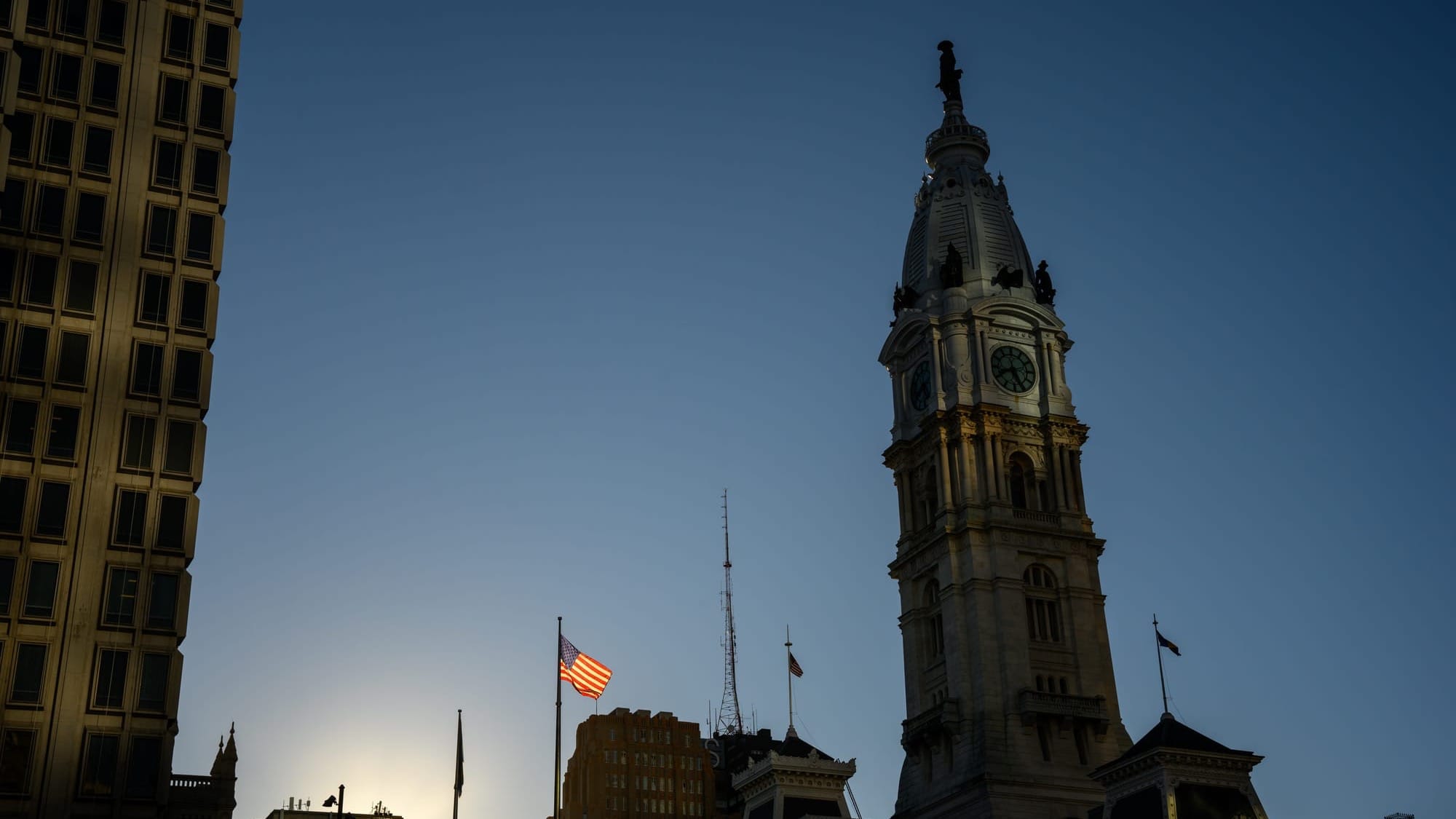Immigration Isn’t Just About Economics, It’s Also About Humanity
Back in Sierra Leone, there were no Halloween candy bags or Valentine's Day cards, no sidewalks stretching between neighbors' homes – just open land to traverse on foot.
In the small town of Revere, eleven-year-old Vandi reflects on the subtle markers of his new American life. Back in Sierra Leone, there were no Halloween candy bags or Valentine's Day cards, no sidewalks stretching between neighbors' homes – just open land to traverse on foot. Now, he watches his mother prepare Thanksgiving turkey, a ritual unimaginable in their former life.
These small adaptations and gentle fusions of old life and new, represent the America we too often forget when we reduce immigration to cold economic figures and data. The defense of immigration in American political discourse has become almost reflexively economic. We point to studies showing immigrants' outsized entrepreneurial activity, their net positive fiscal impact, and their crucial role in maintaining our labor force as native-born population growth slows. These arguments are true and important – but they are also incomplete. They reduce human beings to economic units, treating their worth as directly proportional to their productive capacity.
When we frame immigration solely through the lens of economic utility, we inadvertently admit that if circumstances changed – if in a not-so-distant future automation reduced labor demands, or if a recession hit – the case for immigration would somehow be weakened. We need a fuller vision of immigration that recognizes immigrants not just as workers but as neighbors, parents, coaches, and friends who weave themselves into the fabric of American communities in ways that transcend market value.
This matters because the current wave of anti-immigrant sentiment isn't really about economics. If it were, the abundant evidence of immigrants' economic contributions would have long since settled the debate. Instead, we're seeing what historian Tyler Anbinder documented in his comprehensive study of American nativism: recurring waves of fear about cultural change and social cohesion, dressed up in whatever contemporary concerns are most salient.
The cruel irony is that immigrants often strengthen precisely the community bonds and traditional values that their opponents claim to champion. Research by social scientists like Robert Putnam has shown that, after an initial period of adjustment, immigration tends to enhance social capital and civic engagement in receiving communities. Immigrants are more likely than native-born Americans to attend religious services regularly, start small businesses that serve as neighborhood anchors, and maintain strong extended family networks.
Consider the data: According to the American Immigration Council, immigrant parents have higher rates of family engagement in their children's schools. Neighborhoods with higher concentrations of immigrants often show lower crime rates and higher levels of social cohesion. And contrary to fears about cultural dissolution, second-generation immigrants typically become fully bilingual, adding to rather than subtracting from America's cultural capabilities.
But perhaps most importantly, immigrants remind us of what community actually means. In an era of increasing atomization and declining civic participation, immigrant neighborhoods often maintain precisely the kind of close-knit social fabric that Americans fear we're losing. Their presence helps revitalize declining main streets, fill emptying churches, and sustain community institutions that might otherwise fade away.
This is not to romanticize immigration or ignore its real challenges. Integration takes work, cultural adjustment can be difficult, and rapid demographic change can strain community cohesion. But these challenges are best met precisely through the kind of community-level engagement and relationship-building that immigrants themselves often model.
As we face renewed radical calls for mass deportation and cultural purification, we must challenge not just the conclusion but the premise. The worth of our immigrant neighbors cannot be reduced to their economic output, nor should it be. They are not mere units of production but full human beings who enrich our communities in ways both tangible and intangible.
America should be the land of shared experiences positively changing communities through everyday acts of belonging. As Thomas Jefferson once said, “Born in other countries, yet believing you could be happy in this, our laws acknowledge, as they should, your right to join us in society.”





